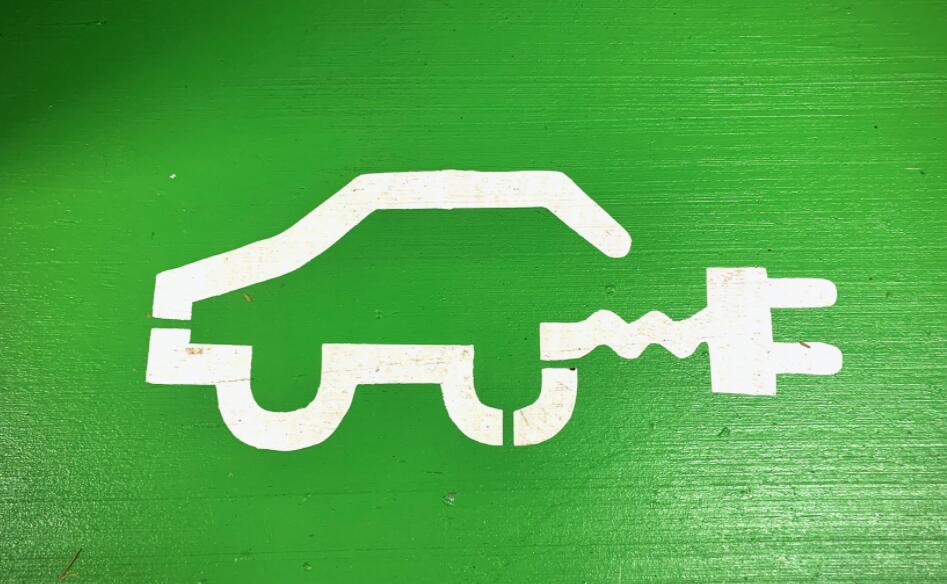CPCA says purchase tax on NEVs will be inevitable in China
As ownership of conventional ICE vehicles shrinks dramatically, the tax gap will need to be filled by a tax system for EVs, the CPCA said.

(Image credit: Unsplash)
A Chinese auto industry association said China's purchase tax on new energy vehicles (NEVs) will be an inevitable trend, potentially suggesting the cost of NEV purchases is expected to increase after 2023.
In the future, as ownership of conventional internal combustion engine (ICE) vehicles shrinks dramatically, the shortfall in national tax revenue will need to be filled by a tax system for electric vehicles (EVs), the China Passenger Car Association (CPCA) said in a report released Tuesday.
Taxing the purchase and use of EVs and even their scrapping is an inevitable trend, the CPCA said.
As background, China currently exempts NEVs, including plug-in hybrids, pure electric vehicles and fuel cell vehicles, from purchase taxes.
Between June 1 and December 31, China reduced by half the purchase taxes on ICE passenger vehicles that cost no more than 300,000 yuan ($45,060) and have a displacement of 2.0 liters or less, in an effort to stimulate economic growth.
Before the policy took effect, China's purchase tax rate for ICE vehicles was 10 percent.
Recently the Swiss government said the country plans to impose a new tax on vehicles powered by electricity and other alternative energy sources as a way to help close a funding gap in road construction and maintenance due to a decline in tax revenue from traditional ICE vehicles in recent years, the CPCA report noted.
The report does not go into further detail on the potential taxation of NEVs.
To support the development of fuel-efficient vehicles, China first began exempting NEVs from purchase tax in 2014, allowing consumers who buy such models to save a significant amount of money relative to those who buy conventional fuel vehicles.
For example, the BYD Qin Plus DM-i, priced at RMB 135,800, saves consumers approximately RMB 12,000 in purchase tax. For the entry-level Tesla Model 3, priced at RMB 279,900, the amount is about RMB 25,000.
The policy originally expired at the end of 2017, but was renewed before it expired at the end of 2020. In March 2020, China renewed the policy again until the end of 2022.
In late July, a CCTV report said that Chinese Premier Li Keqiang hosted an executive meeting of the State Council at which he mentioned that the country would continue its policy of exempting NEVs from the purchase tax.
The CCTV report did not provide further details, although it is widely expected that the current policy of exempting NEVs from the purchase tax may be extended for another year.
The purchase tax exemption for NEVs will likely continue for about a year, while the purchase subsidy policy for NEVs will likely not be renewed after it expires at the end of this year, Yicai said in a July 30 report, citing Cui Dongshu, secretary-general of the China Passenger Car Association.
The CPCA's hint that NEVs will be subject to purchase taxes in the future comes at a time when the penetration of such vehicles is rising rapidly.
Wholesale sales of new energy passenger vehicles in China were 564,000 in July, slightly lower than the 571,000 units sold in June, but the penetration rate reached 26.4 percent, up 0.3 percentage points from 26.1 percent in June, the CPCA reported yesterday.
This means that nationwide, 26 out of every 100 new vehicles sold are not subject to purchase tax.
For comparison, the penetration of NEVs in wholesale sales was 19 percent in January. The figure was only 8.4 percent in January 2021.
China's wholesale sales of passenger NEVs total 564,000 units in July, CPCA data show

